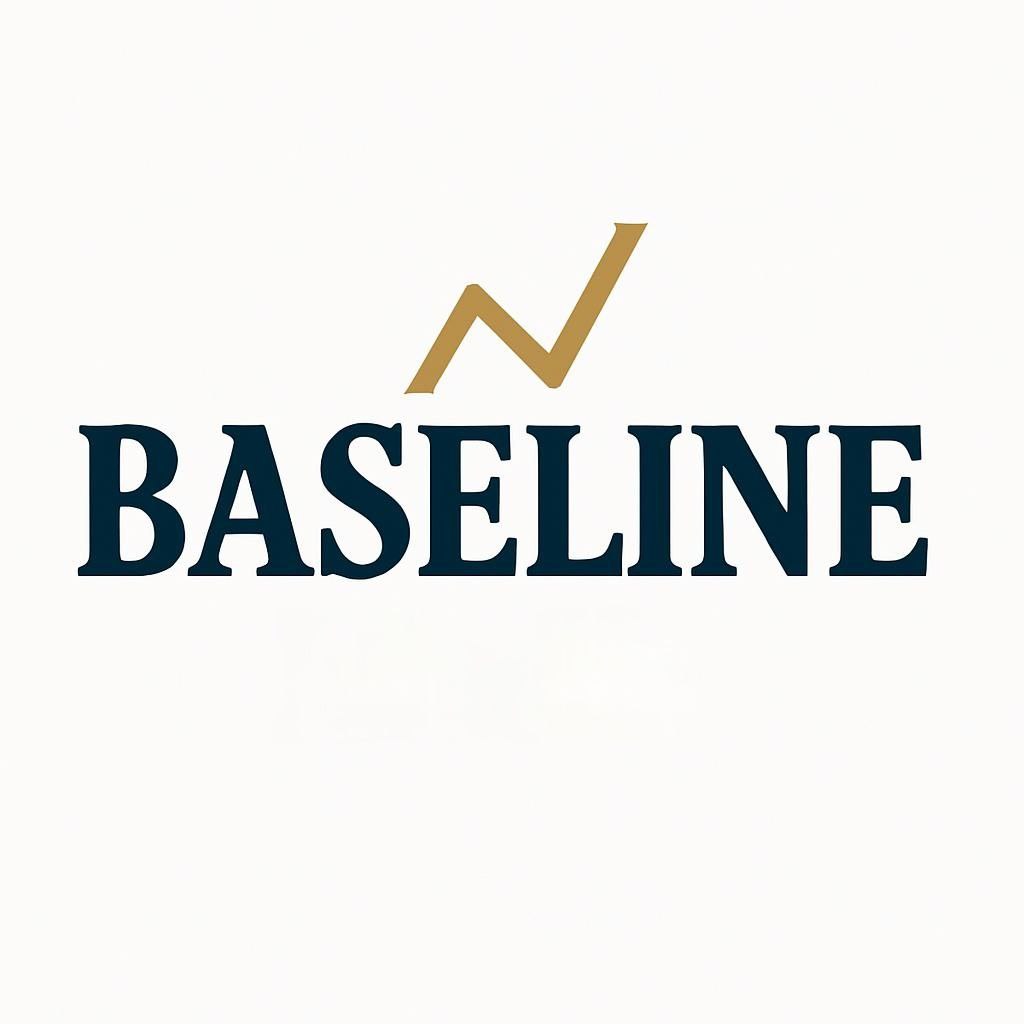Ethiopia Opened Its Finance Sector. The Next Battle Is Skills.
Anteneh Tamiru
27 Aug, 2025

Ethiopia has finally done what many thought was politically impossible: opened the gates of its financial sector. This year marked a turning point. In January, the Ethiopian Securities Exchange launched followed by listing its first government T-bills. By June, the National Bank of Ethiopia issued a directive on how foreign banks apply for licenses. Add to that adjustments to foreign-exchange rules and a string of digital remittance partnerships, and Ethiopia’s long-insulated financial system is now tied into the global one.
This opening is necessary. But it comes with a challenge that can no longer be ignored: competence.
Liberalization means competition with players who operate at international standards—on risk management, compliance, governance, and market operations. Foreign banks and investors are not entering to be “development partners”; they are here to compete. Ethiopia’s institutions, long sheltered from global pressure, now face rivals who can outprice, outmanage, and outcomply them. Without the skill to match, the gains from reform will be captured elsewhere.
The gaps are already obvious. Enough professionals are scarce with technical expertise in capital markets, treasury management, and risk modeling. Boards are too often symbolic, rather than strategic. And perhaps most uncomfortable of all: language proficiency is lagging. Finance is a global business conducted overwhelmingly in English. It takes more than a basic proficiency. If Ethiopian bankers, regulators, and analysts cannot negotiate contracts, defend models, or engage investors in that language, they will be sidelined in the very market they are trying to build.
This does not mean slowing reforms. On the contrary, the policy momentum is right. But the success of these reforms hinges on human capital. Ethiopia must urgently:
- Tie new licenses and listings to clear human-capital development plans.
- Establish sector-wide technical and language benchmarks, with timelines for compliance.
- Create fast-track professional certifications aligned with the new exchange and NBE directives.
- Incentivize diaspora talent not just to return, but to transfer skills into local teams.
- Pay competitively for specialized roles—because global-grade talent will not work for local-grade pay.
The reforms of 2025 are a milestone, but they are only the first chapter. If Ethiopia fails to close its competence gap, liberalization will leave us as spectators in our own economy—watching foreign institutions dominate the very market we fought to open.
The choice is clear. Openness must be matched by skill, confidence, and language. Otherwise, the opportunity of this moment will not be Ethiopia’s to keep.
Anteneh is a finance expert based in Prague, Czech Republic.



